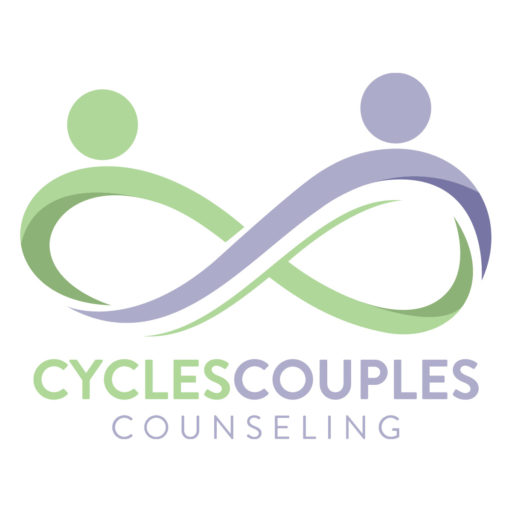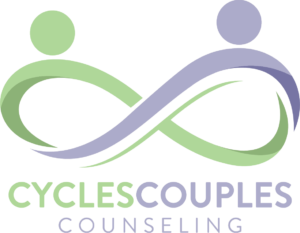Attachment has been a big buzzword when it comes to couples counseling. This approach varies significantly from a lot of other traditional therapies. But, what does it mean? Why is it different?
9 Key Points of Attachment Theory
Attachment is a deep and strong emotional bond that connects one person to another. It’s been thought that this bond is so enduring; it can transfer across time and space. This theory originated from scientist, John Bowlby, in 1958.
There are a few central points of attachment theory you should know about:
-
We are hardwired to connect.
This desire to stay close to your caregivers is highly adaptive, whether that is as a child with your parents or your spouse as an adult. This ensures predictable safety and care. These are needs we never outgrow. This desire to stay close to loved ones is commonly referred to as proximity maintenance.
-
The Dependency Paradox & Creation of a Secure Base
The more you depend on others, the more you are free to be independent. There is no such thing as overly dependent, just ineffective dependence. Effective dependency fosters autonomy and play, while ineffective dependence leads to anxiety and depression.
-
Attachment offers a safe haven.
Relationships can soothe the effects of stress and distress in times of fear or danger. You can rely on your attachment for comfort and responsiveness in times of need.
-
A.R.E.
If attachment figures are accessible, responsive and emotionally engaged, the relationship bond is strengthened. This is why you’ll find some response, even anger, is better than no response at all when it comes to connection.
-
Fear and insecurity activate attachment needs.
When you feel fear or a threat to safety, the need for comfort and connection kicks into gear and you will begin to seek closeness. Proximity to a loved one regulates emotions.
-
Separation anxiety is predictable.
When you cannot receive comforting responsiveness from an attachment figure, distress occurs. This can look like depression, angry protests, clinging, despair and in the worst cases, full detachment.
-
Ineffective attachment strategizes are finite.
There are only so many ways to cope with an unresponsive relationship. Typically this looks one of two ways, over-activating or down regulating.
In an overactive attachment system people become anxious and preoccupied with connection. They may protest with angry outbursts or cling to others.
With a down regulating attachment strategy, people deny their needs to connect. They may shut down and show very little emotion at all.
-
Your attachment style reflects how you view yourself and the world around you.
These views are formed and maintained through your emotional relationship with others in your life.
Securely attached people typically feel worthy of love and care. They tend to trust the world around them.
However, insecurely attached people seem to have a more negative view of themselves and the world in which they live. For them, it might be difficult to trust or rely on others to meet their emotional needs. They may feel undeserving and lack self-esteem.
-
Loneliness, isolation and loss are inherently traumatizing.
Lack of relationships or the end of an important relationship is traumatizing for any human. This can come in the form of loss, rejection, neglect or abandonment.
Interactions with our loved ones of this nature can have a huge impact on personality and ability to cope with life stressors. People who endure break ups of this nature experience more fear, anxiety and lack of confidence in themselves and the world around them.
We aren't meant to be alone.
While Americans pride themselves on independence, innately humans are relational beings. The drive to form bonds is essential for emotional health. Without these connections, humans suffer and negative behavior driven at re-attaching ensues.
If you are experiencing distress in your current relationships, contact us at Cycles Couples Counseling and try some Emotionally Focused Therapy sessions. This is the number one attachment friendly approach to repairing and enhancing your relationships.
Interested in hearing more about Emotionally Focused Therapy? Schedule a free phone consultation!
Learn more about Emotionally Focused Therapy in California.

